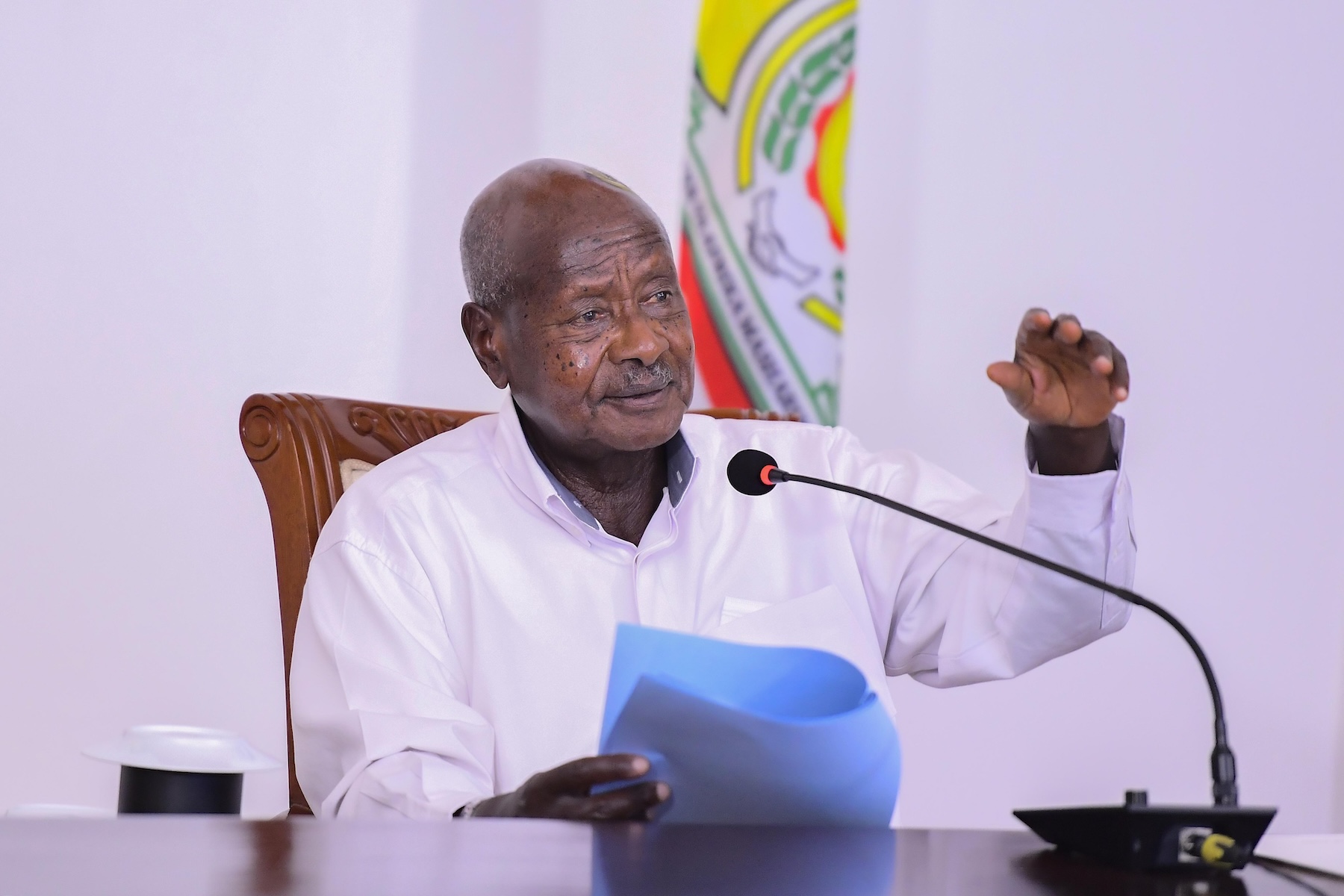In his end-of-year address delivered on December 31, 2024, President Yoweri Kaguta Museveni outlined Uganda’s economic achievements and priorities for the coming year. Speaking from Rwakitura, the President emphasised economic…
Decoding President Museveni’s View About the Economy in 2024


